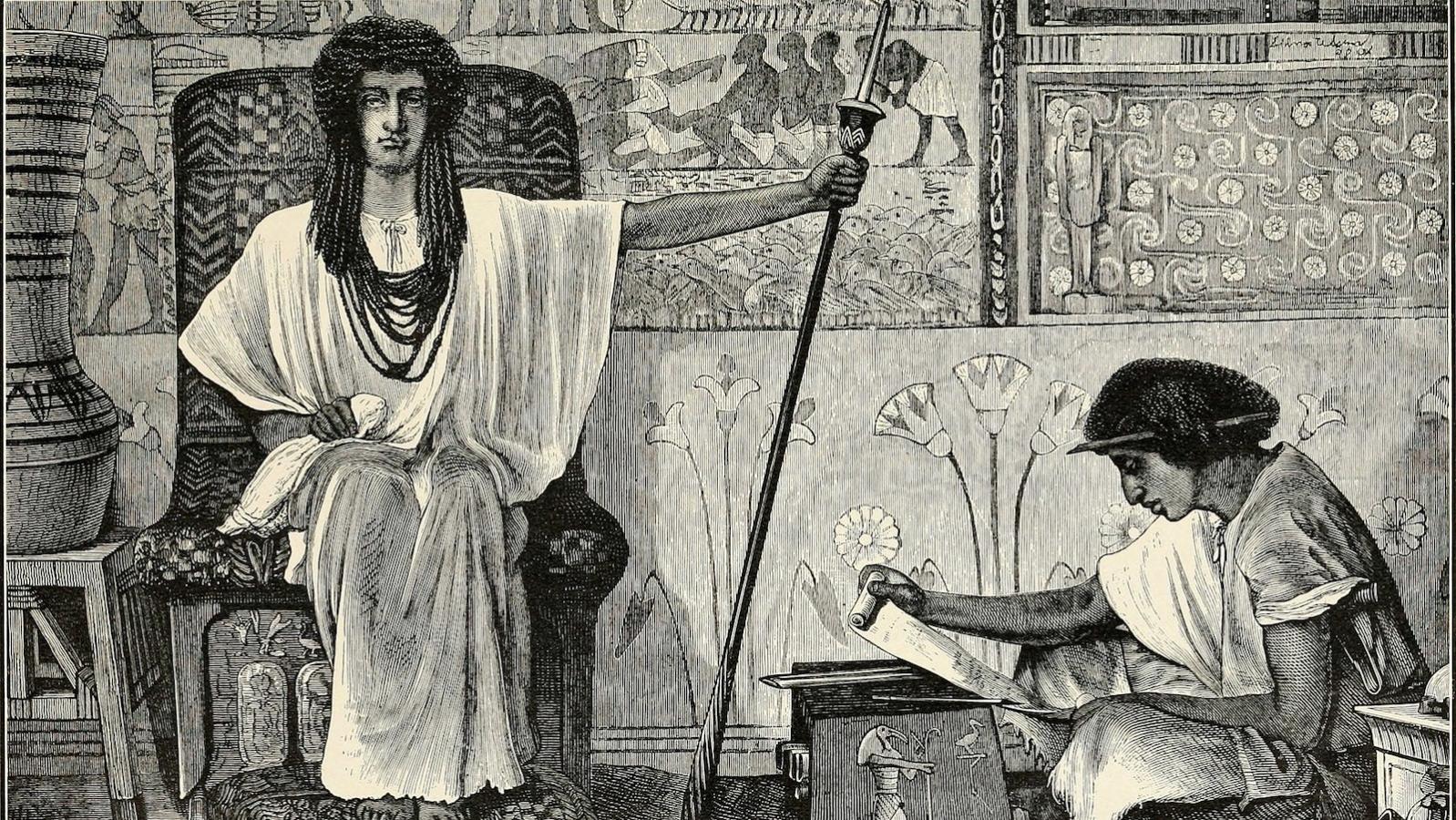Commentary on Parashat Miketz, Genesis 41:1-44:17; Numbers 28:9-15, 7:42-47
Joseph is a visionary; a man with a powerful capacity for imagining a future entirely unlike the reality before him. In Parashat Miketz, he skillfully interprets Pharaoh’s dreams: in cows and sheaves, he sees seven years of plenty followed by seven years of famine.
Wise Planning
However, this ability to imagine the impossible was necessary, but ultimately insufficient to avert agricultural and humanitarian disaster not only for Egypt, but the world (Genesis 41:57). It was the plan that Joseph presented, after all, that “pleased Pharaoh and all his courtiers” (Genesis 41:37).
What was so compelling about Joseph’s plan? Joseph’s proposal earned him the honorific “discerning and wise” because he went beyond promises to alleviate hunger and famine; he managed to prevent it through careful planning, storing, and withholding from the Egyptians portions of their harvests during years of plenty (Genesis 41:39).
Nahmanides parses the phrase “discerning and wise,” saying that Joseph was discerning because he possessed the administrative talent of distributing food to Egyptian families based on their individual size and needs during the seven years of bounty; he was wise because he had the technology to store food for long periods of time without it rotting or being eaten by moths or rodents.

Help us keep Jewish knowledge accessible to millions of people around the world.
Your donation to My Jewish Learning fuels endless journeys of Jewish discovery. With your help, My Jewish Learning can continue to provide nonstop opportunities for learning, connection and growth.
Unequal Distribution
Like all of us, Joseph faced a world that had the potential to feed all of its inhabitants, yet uneven food availability challenged its ability to do so. Seven years of plenty followed by seven years of scarcity sounds a lot like our world, where in some countries less than 2.5% of the population suffers from malnutrition and in others over one-third of the population is malnourished.
As during the period of Joseph’s administrative rule in Egypt, the world today has enough food to feed itself, but unlike Egypt under Joseph’s aegis, people starve from lack of thoughtful distribution.
It would be simple enough, in this season of giving, to insert here a plea to donate money to feed the hungry of the world, to double our contributions to the cause of hunger as Joseph doubled agricultural taxes during the seven years of bounty. However, that would be ignoring the lessons of Joseph in Parashat Miketz.
All too often, we find ourselves reacting to food shortages long after they wreak havoc on society. Joseph predicted and planned for famine, rather than turning a blind eye and then reacting to it after the fact. We must not only feed the hungry; like Joseph, we must avert starvation and famine, both to prevent tremendous human suffering and because it makes economic sense. According to The Telegraph, it costs only 60 pence a day to prevent a child from developing malnutrition, yet it costs 50 pounds to save the life of a child who is already suffering from starvation.
Lessons from Around the World
Although we may lack Joseph’s dream interpretation skills, we need not lack his prognostic skills. The Famine Early Warning Systems Network, established after the 1983-85 famine in Ethiopia, in which an estimated 400,000 to one million people died, uses information such as market prices of food and crop failure data to predict, ahead of time, where food insecurity and famines will occur. We have these tools, and yet people often fail to act in time.
In Niger in November 2004, the United Nations and others warned that crop failure, drought, and a plague of locusts would cause a terrible famine. Calls for donor intervention went unheeded, yet by July 2005, when images of the millions starving and dying were broadcast worldwide, the United Nations received more pledges in a week than it had in the previous six months, despite the widely-publicized warnings.
Indeed, analyst Edward Clay has found that “both government and donors…are unprepared to act on the warnings the systems deliver, until there are clear signs of distress amongst the population. When that happens emergency actions can save lives, but at great cost.”
Malawi provides an example of an even more proactive approach to avoiding starvation. Having suffered from famine for years, Malawi produced record crops in 2006 and 2007 by providing high-quality seeds and subsidized fertilizers to poor farmers. As a result, the prevalence of child hunger in Malawi has dropped, the country is now exporting crops to neighboring countries, food prices have fallen, and farm workers’ wages have risen.
When it comes to global hunger, we must all be Josephs–imagining a world unlike the one before us. But dreaming is not enough. We must invest in early warning systems, respond to calls for help before full-fledged famine strikes, and help countries with poor soil find ways to be as self-sufficient as Egypt was during Joseph’s day.
Like Joseph, we must each take responsibility for seeing how much we need for ourselves during times of plenty, and how much we can give away to help build sustainability for those who face scarcity.
Provided by American Jewish World Service, pursuing global justice through grassroots change.



